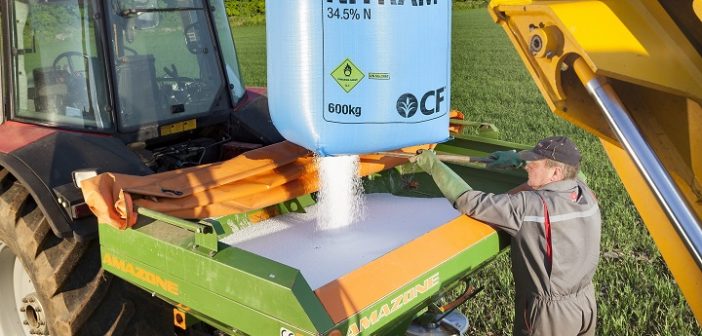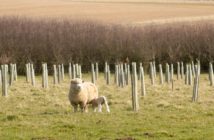Farmers are being advised by SAC Consulting, part of Scotland’s Rural College (SRUC), to minimise the effect of fertilisers on the environment by taking part in specialist training courses.
“With tightening profit margins and the effects of agriculture on the environment becoming a key driver for the agricultural industry, the efficient use of organic and manufactured fertilisers is key to obtaining optimal crop growth while ensuring the effect on the wider environment is minimised,” said SRUC.
“SAC Consulting provides advice and training on the correct use of fertilisers through full-time teaching, short courses, farmer meetings and one-to-one consultancy. It also runs a number of specialist courses in partnership with BASIS and FACTS (Fertiliser, Accreditation, Certification and Training Scheme).”
Gavin Elrick, Senior Consultant at SAC Consulting, added: “It is important that farmers and land managers have the key skills in order to maintain profitability while helping the industry to reduce its impact on climate change.
“Nitrous oxide (N2O) – which is produced through the application of nitrogen fertilisers – forms a large proportion of the emissions coming from agriculture.
“It is over 300 times more harmful than carbon dioxide and is produced from applying nitrogen fertilisers in less than optimum conditions and also in quantities in excess of crop requirement, which can lead to the pollution of watercourses and ponds through nitrogen leaching.
“In order for farmers to minimise the effects of fertilisers on the environment, it is important that they are well trained in both the utilisation and requirement for crop growth.”
A BASIS Certificate of Crop Protection Agronomy course will be held in Edinburgh between 4 and 8 November with a FACTS Fertiliser Advisors Certificate course taking place in Stirling between 18 and 22 November.




